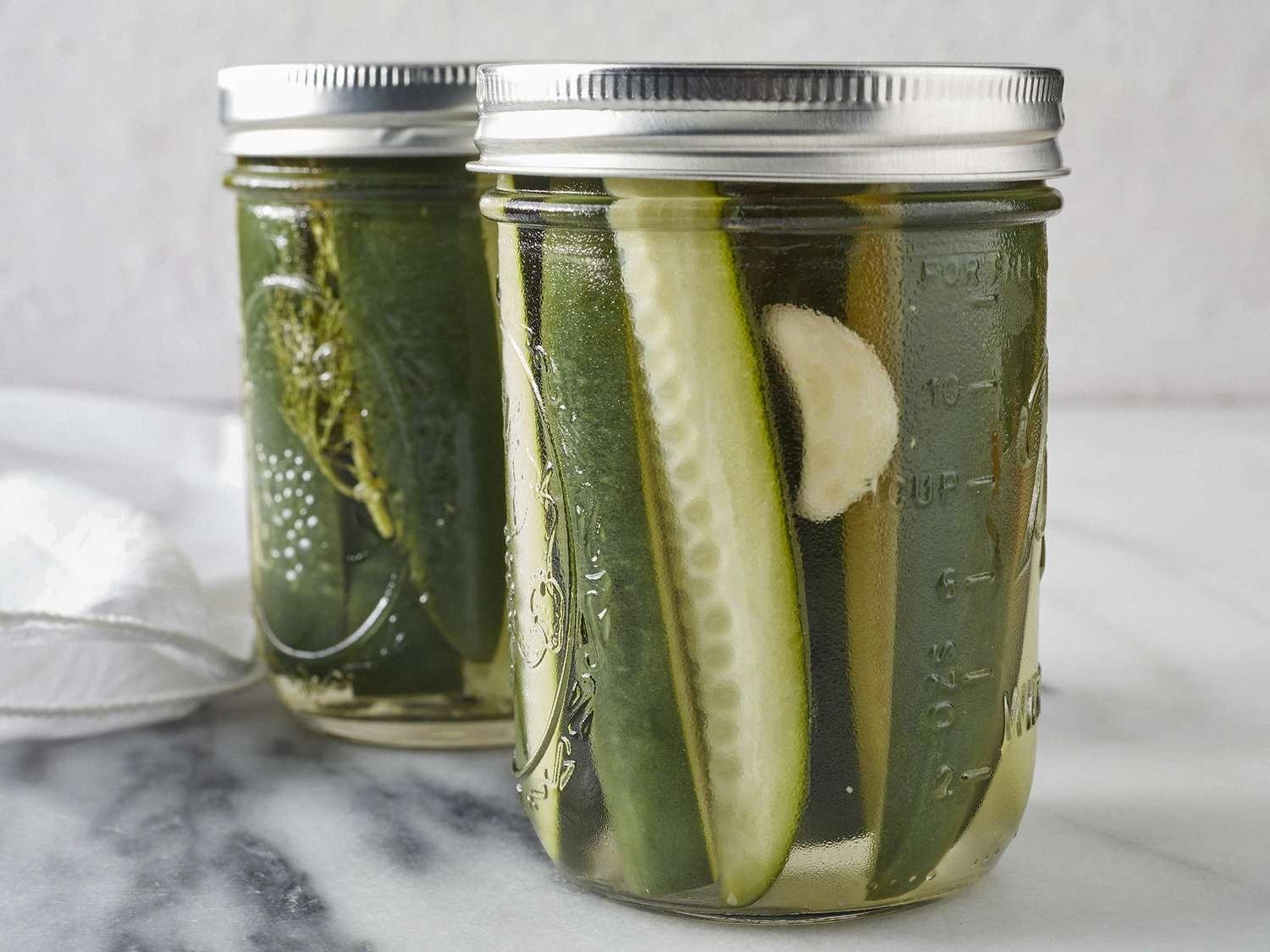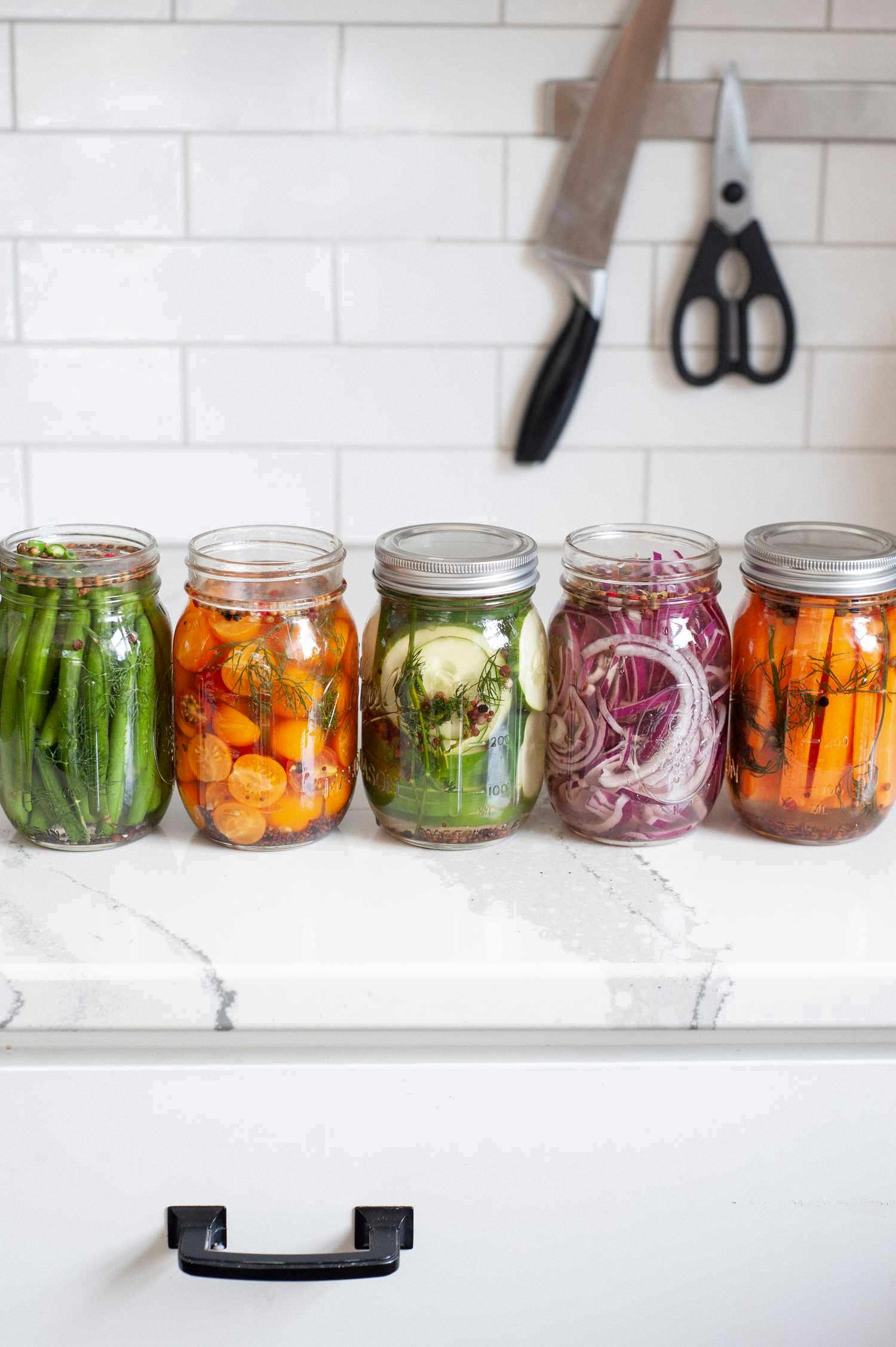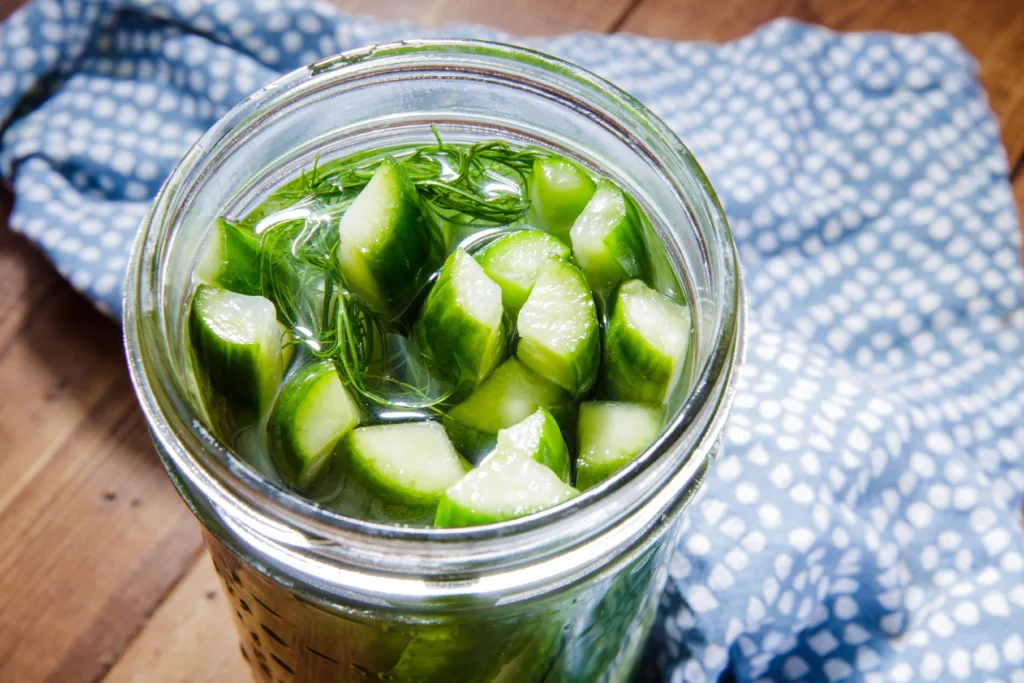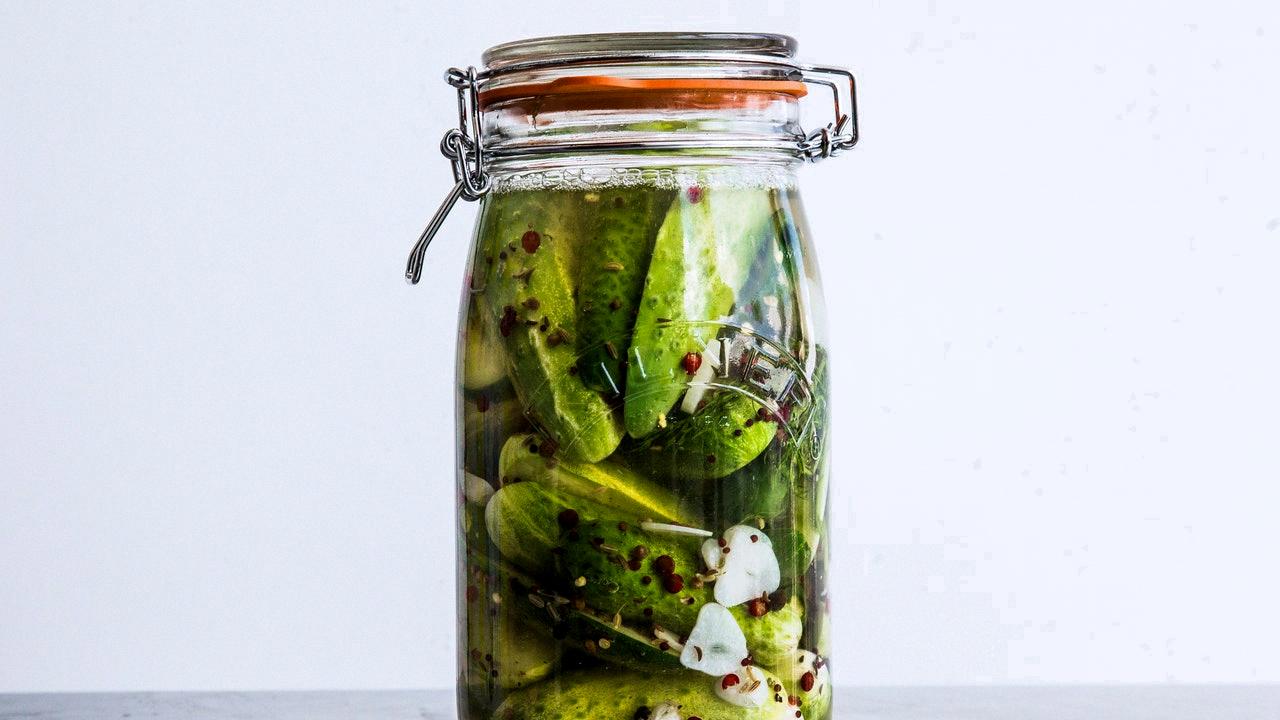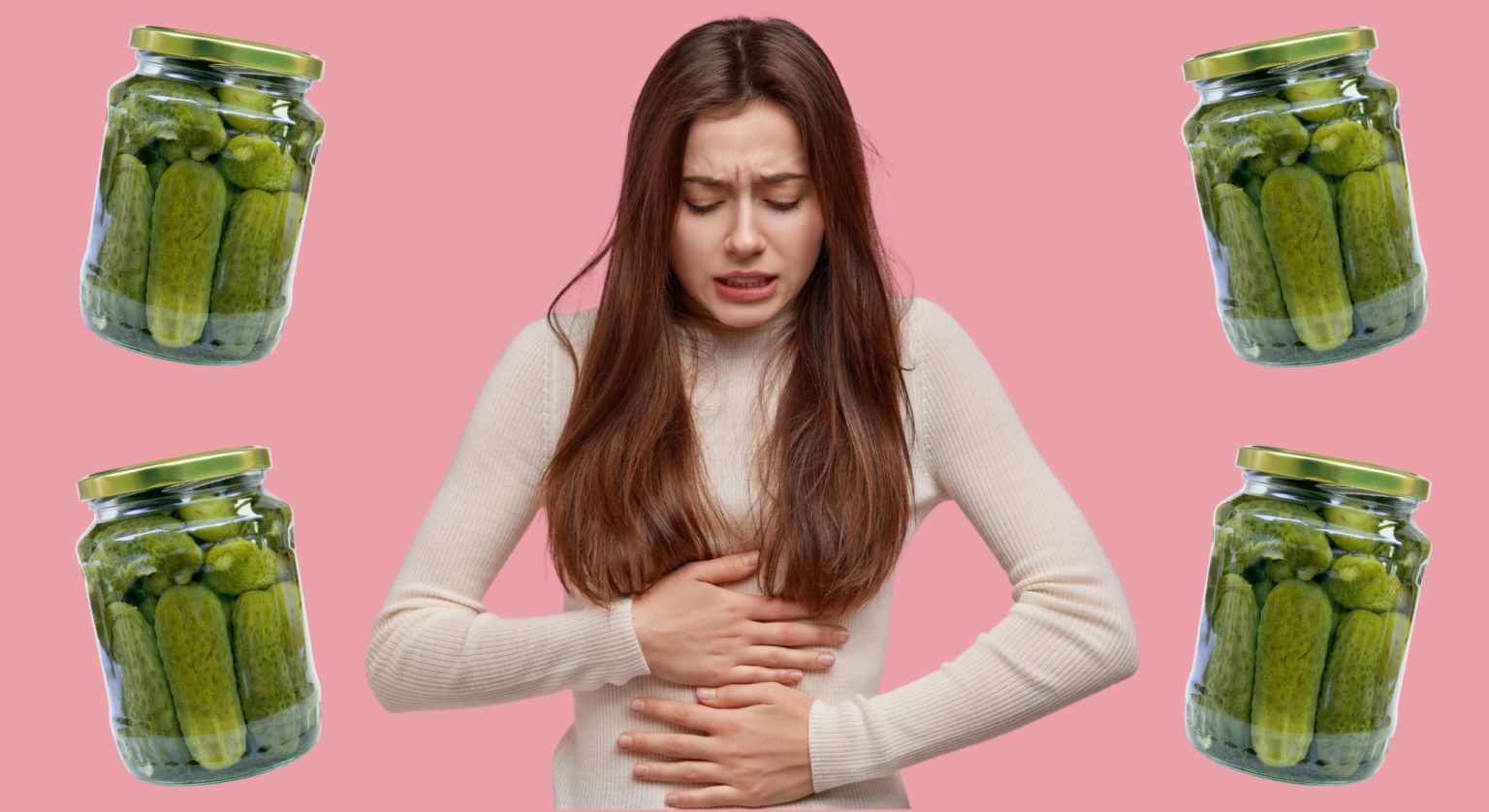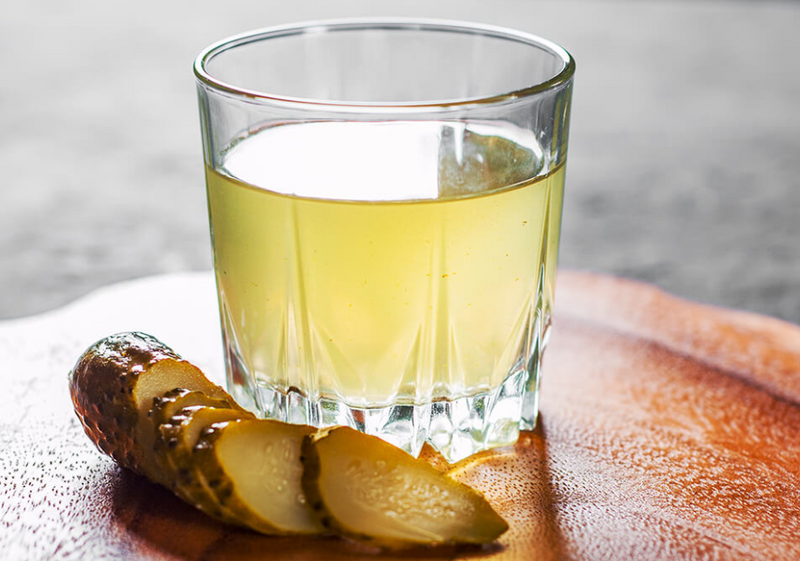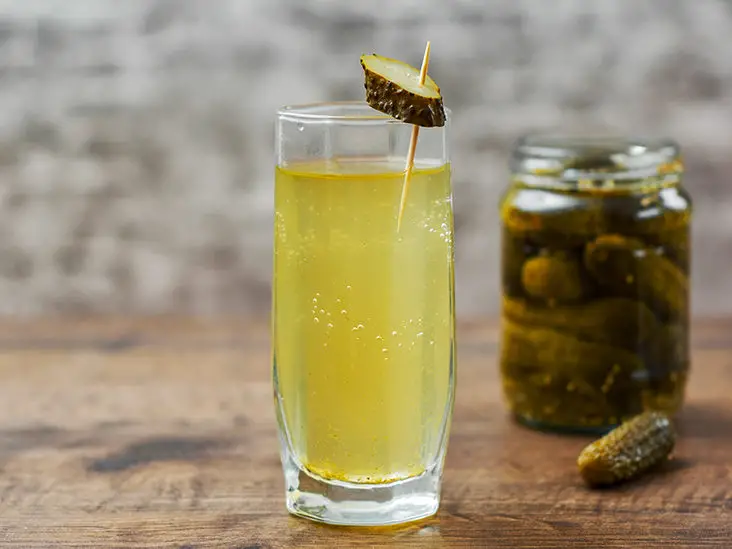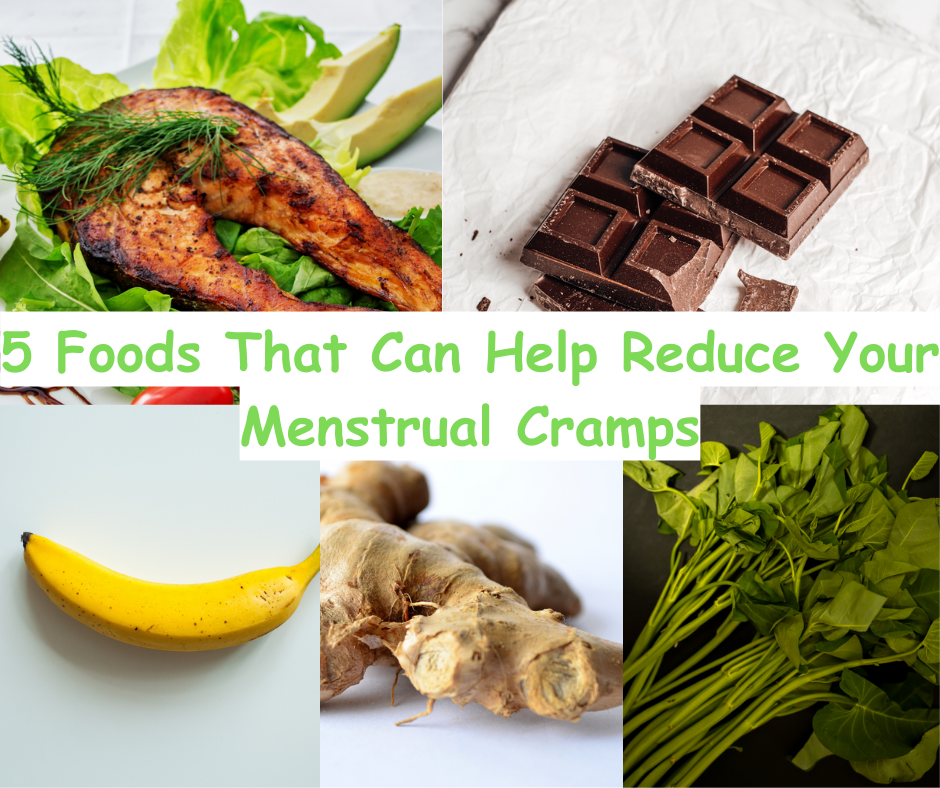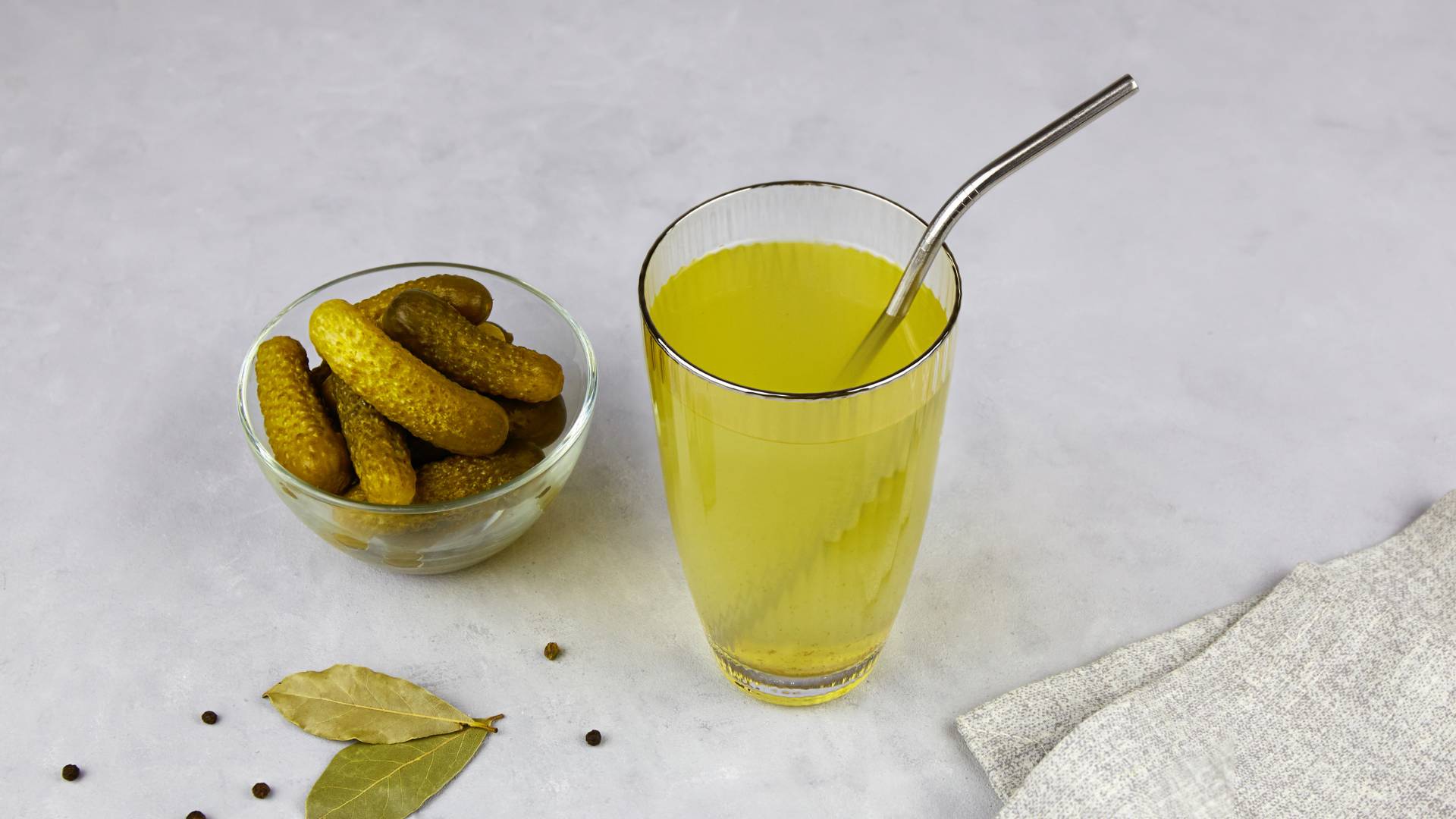Does Pickle Juice Help With Period Cramps

For millions of women, the monthly arrival of menstruation is often accompanied by debilitating cramps that disrupt daily life. Over-the-counter pain relievers offer some relief, but many seek alternative remedies for a more natural approach. One such remedy gaining traction is surprisingly tart: pickle juice.
But is this briny beverage truly effective in alleviating period cramps, or is it simply another internet myth? The answer, like many aspects of women's health, is complex and requires a closer look at the science, anecdotes, and expert opinions surrounding this unconventional solution.
The Salty Solution: What's the Claim?
The proposition that pickle juice can ease period cramps stems from its purported ability to combat muscle cramps in general. The theory suggests that the high sodium and electrolyte content in pickle juice can help restore electrolyte balance and prevent dehydration, factors that are often implicated in muscle cramping.
Proponents also believe that the vinegar content in pickle juice might trigger a neurological reflex that inhibits overstimulated nerves, thus reducing pain perception. However, when it comes to menstrual cramps, the underlying mechanisms are different from typical exercise-induced muscle cramps, making the link less clear.
Unpacking the Science Behind Muscle Cramps
Traditional understanding attributes muscle cramps to electrolyte imbalances and dehydration. Exercise-induced muscle cramps may occur due to an imbalance of sodium and potassium levels. This imbalance disrupts the communication between nerves and muscles, leading to spasms.
Pickle juice, with its high sodium content, is hypothesized to quickly restore these electrolyte levels. However, recent research suggests that neurological factors may play a larger role in muscle cramps than previously thought.
Studies have shown that the rapid relief from pickle juice ingestion (within minutes) is too fast to be solely attributed to electrolyte replenishment. Instead, it's believed that the sour taste of the juice triggers sensory nerves in the mouth, sending signals to the brain that inhibit overactive motor neurons causing the cramps.
Period Cramps: A Different Beast
Menstrual cramps, medically known as dysmenorrhea, are primarily caused by the release of prostaglandins. These hormone-like substances trigger uterine contractions to shed the uterine lining. The stronger the contractions, the more intense the pain.
While dehydration and electrolyte imbalances can exacerbate period cramps, they are not the primary cause. Instead, the focus should be on managing the inflammatory response and uterine contractions that lead to discomfort.
Therefore, the mechanisms by which pickle juice may alleviate exercise-induced cramps might not directly translate to easing period cramps.
What the Experts Say
Dr. Jennifer Wider, a women's health expert, cautions against relying solely on pickle juice for period cramp relief. While she acknowledges the potential benefits of electrolytes for hydration, she emphasizes the importance of addressing the root cause of menstrual pain.
In an interview, Dr. Wider stated, "While some women may find pickle juice helpful, it's not a one-size-fits-all solution. It's essential to consider other strategies like heat therapy, exercise, and, if necessary, medication to manage period cramps effectively."
Other medical professionals echo this sentiment, highlighting the lack of rigorous scientific evidence supporting the use of pickle juice specifically for dysmenorrhea. They suggest that more targeted interventions, such as NSAIDs or hormonal birth control, may offer more consistent and reliable relief.
Anecdotal Evidence: Real Women, Real Experiences
Despite the lack of robust scientific support, countless women swear by pickle juice as a period cramp remedy. Online forums and social media platforms are filled with testimonials from individuals who claim that a shot of pickle juice can quickly alleviate their pain.
One woman shared, "I know it sounds crazy, but pickle juice is a lifesaver for my period cramps. I take a shot of it, and within minutes, the pain starts to subside."
However, it's crucial to recognize that anecdotal evidence is subjective and may be influenced by the placebo effect. What works for one person may not work for another, and relying solely on personal experiences can be misleading.
Potential Risks and Considerations
While generally considered safe, excessive pickle juice consumption can lead to some adverse effects. The high sodium content can be problematic for individuals with hypertension or kidney issues.
Additionally, the acidity of pickle juice can erode tooth enamel and potentially irritate the stomach lining. Moderation is key, and individuals with pre-existing health conditions should consult with a healthcare professional before incorporating pickle juice into their diet as a remedy for period cramps.
A Balanced Approach to Period Cramp Relief
The effectiveness of pickle juice for period cramps remains a topic of debate. While some women may find it helpful, the scientific evidence is limited. Relying solely on pickle juice may not be the most effective approach for managing dysmenorrhea.
A comprehensive approach that combines lifestyle modifications, over-the-counter pain relievers, and, if necessary, prescription medications may offer more consistent and reliable relief. Lifestyle changes like regular exercise, a balanced diet, and stress management can also play a crucial role in reducing the severity of period cramps.
Ultimately, determining whether pickle juice is right for you requires careful consideration of your individual health needs and a willingness to experiment with different strategies. Consultation with a healthcare professional is always recommended before trying any new remedy, especially if you have underlying health conditions.
Looking Ahead: The Need for More Research
The limited research specifically investigating the effects of pickle juice on period cramps highlights a broader issue in women's health: the underrepresentation of women in scientific studies. More rigorous research is needed to fully understand the potential benefits and risks of pickle juice for dysmenorrhea.
Future studies should focus on isolating the specific components of pickle juice that may contribute to pain relief, such as sodium, vinegar, and other electrolytes. This could lead to the development of more targeted and effective interventions for period cramps.
In the meantime, women should continue to advocate for more research into women's health issues and explore a range of strategies to manage their period cramps effectively. The key is to find what works best for you, in consultation with your healthcare provider.
